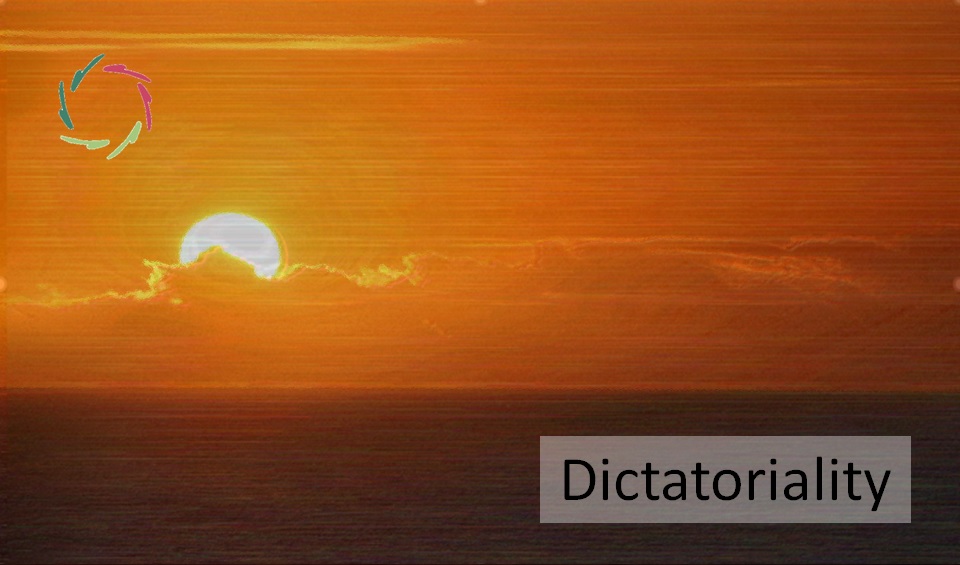Why People Want Magic

People have always wanted magic. Many continue doing so even in this ‘age of rational thinking.’ We should have gotten rid of it long ago.
Of all times.
In the New Testament, followers didn’t follow Jesus so much as they were following the miracle man. From the beginning (and even right before) till the end, this was a crucial issue with no decent answer.
At present, many people don’t care so much about the scientific method in medicine as they are following something that has a magical allure to them. This partly explains the success of ‘alternative medicines.’ In the minds of many, the difference between regular and alternative is mainly about which magic they believe most.
This may be disconcerting for medical scientists. Nevertheless, many of them do basically the same. Of course, pointing this out is not easily acceptable. What may start one thinking is that it has always been so ― nothing new. The history of medicine is the history of placebo and still is to a huge degree. There is still a lot of magic in medicine.
Why do people – including scientists – have this propensity for magic?
The main reason may be to make sense of oneself in conscious awareness.
Since much of human experience does not originate from the outside world but rather from the inside – non-conscious, subconceptual mental processing – this needs to be valued. It is meaningful. Simply discarding it would risk making one’s worldview meaningless. Thus, a lot of resistance can pop up when a person feels in danger of ‘losing the magic.’ It would feel like losing oneself.
To avoid this, and with dire consequences, many people would rather believe in any kind of stupidity.
We may think we live in a rational age.
In a way, we do. However, the rationalism of the present is pretty exclusively conceptual. The subconceptual does not get the place it deserves. This way, it is pushed into a wasteland that may easily be turned into a non-scientific, irrational swamp. Meanwhile, the tower reacts even more against the swamp by discarding it. This vicious circle turns the whole landscape into one of ivory tower and swamp.
The wound festers in both ways. The vicious circle may become a whirlpool, eventually turning the tower into paranoia, the swamp into psychosis. The people at both sides may be decent, unaware folks. Still, the possible consequences – loss of soul, morbidity, mortality – are atrocious. One should not let this take its own course, especially not at the dawn of A.I. since this can instill much more energy into the whirlpool.
I still think we can get into a much more rational age.
The remedy to magic is Openness.
I guess this is the only way. Openness towards where valuable experiences come from – being one’s deeper self – enables one to let go of external magic to fill the gap since there is no gap anymore.
Meditation in its true sense is a good instrument. Open Mindfulness brings open attention to the subconceptual from the inside as well as outside.
No facts but meaningfulness
Facts may point to the relevance of Openness. By themselves, however, facts are no good remedy against magic since magic is not about facts but meaningfulness.
Facts have their place inside meaningfulness. Acknowledging the needed revision of some facts is quite easy. However, time and again, such revision has little influence more broadly. The meaningful worldview stays intact when facts get debunked. It seems like the new facts sink into magical quicksand, disappearing from the view. After a while, it’s as if they have never existed.
That makes changing an opinion from magic to no-magic even more challenging.
Like meaningfulness, magic shows itself in many guises.
However, none of these straightforwardly respect the total human being. At present, this creates a swamp more dangerous than ever.
Openness is crucial.


